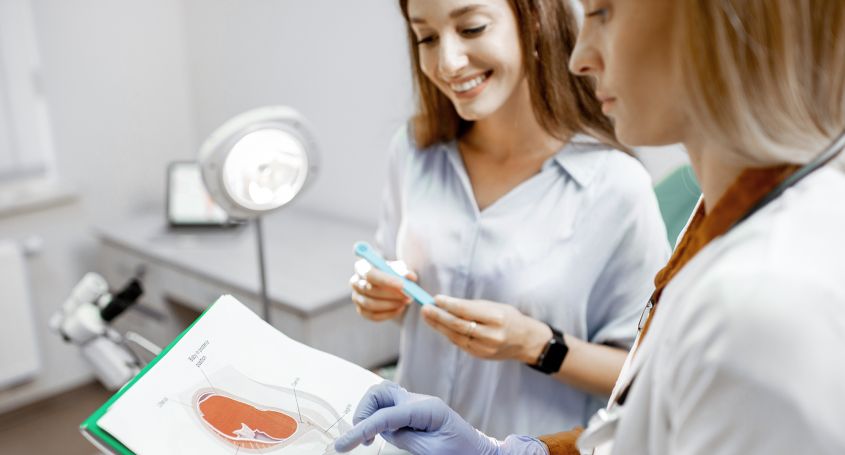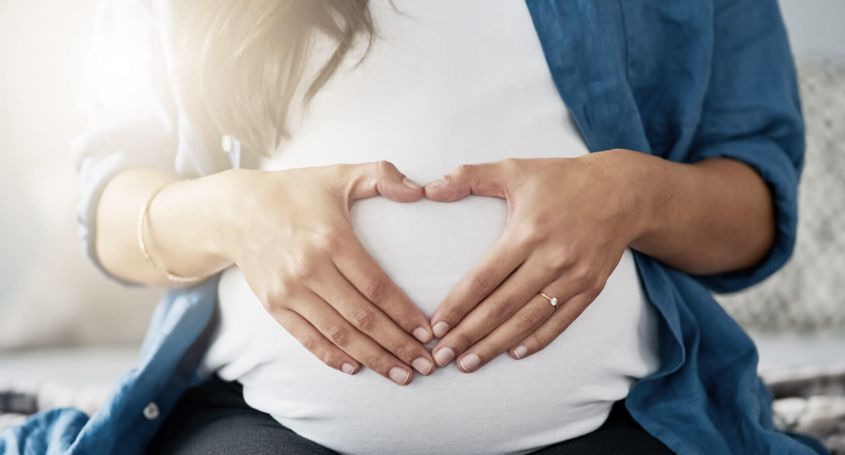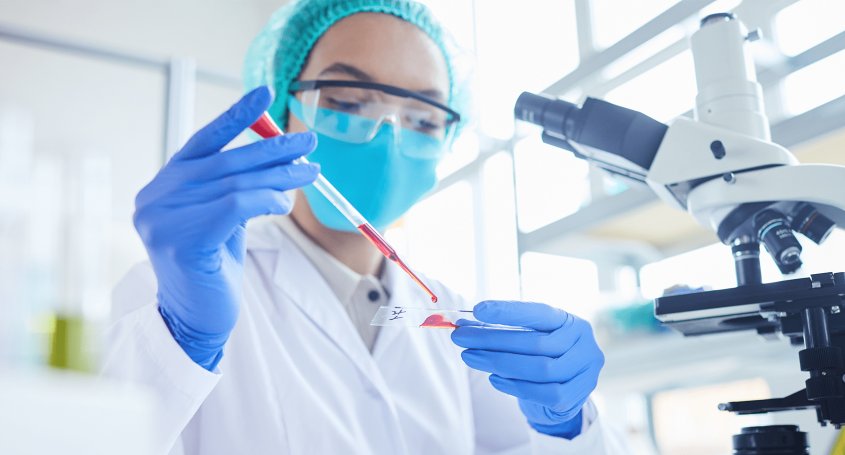Uterine anomalies are congenital malformations of the female reproductive system caused by an alteration in the development of the Müllerian ducts. These ducts are embryonic structures that will give rise to the uterus, fallopian tubes, cervix and part of the vagina. These malformations include some types such as: unicornuate, bicornuate, arcuate or didelphic uterus. In this publication we will focus in one in particular: the bicornuate uterus.
What is a bicornuate uterus?
This type of uterine malformation is characterised by a partial or complete cleft in the centre of the uterus, which divides the upper part of the uterus in two.
Apparent causes of this genetic problem could be intrauterine infections during gestation, administration of drugs such as thalidomide or diethylstilbestrol, or exposure to radiation during embryonic development.
According to a study by the Spanish Society of Gynaecology and Obstetrics, 16% of women who have a uterine malformation have a bicornuate uterus. Many of them experience no symptoms. However, other women may experience menstrual pain (dysmenorrhoea) or pain during sexual intercourse (dyspareunia), among other symptoms.
Diagnosis and treatment
Bicornuate uterus can be diagnosed in a routine pelvic examination by ultrasound. When confirming the diagnosis, the specialist may recommend techniques such as pelvic MRI, hysteroscopy or laparoscopy.
On the other hand, a treatment of this type is usually not necessary in the absence of signs and symptoms.
Is it possible to get pregnant if I have a bicornuate uterus?
Yes, it is possible. Having a bicornuate uterus does not directly imply infertility. Fertility problems depend on the depth of the uterine cleft.
Does this pathology affect pregnancy?
In some cases, the bicornuate uterus can lead to premature births, miscarriages or abnormal positions of the foetus. However, many pregnancies proceed normally. To minimise the risk of complications during pregnancy in the case of assisted reproduction treatment, we must always transfer only one embryo.
And you, did you know about this type of uterine malformation?





















